
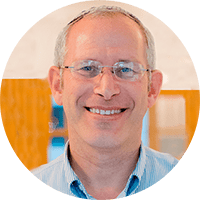
FROM THE EDITOR: SPRING 2024
In the 1970s, UJA’s rallying slogan was: “We are One.” Indeed, those were the days in which the Jewish community banded together over three core principles—commemoration of the Shoah, saving Soviet Jewry (and Syrian Jewry and Ethiopian Jewry), and Israel. The past fifty years have eroded each of those. People are tiring of the Shoah and are eager to move on from what Salo Baron termed the “lachrymose conception of Jewish history.” Soviet Jews left en masse in the 1990s with the fall of the Berlin Wall and the collapse of the Soviet Union, and Jews of Syria and Ethiopia have mostly migrated and resettled as well. And Israel, which is itself grappling with unparalleled polarization, no longer serves as a uniting factor for many North American Jews. All this leaves us, fifty years after the UJA banner, with a dramatic shift in punctuation:
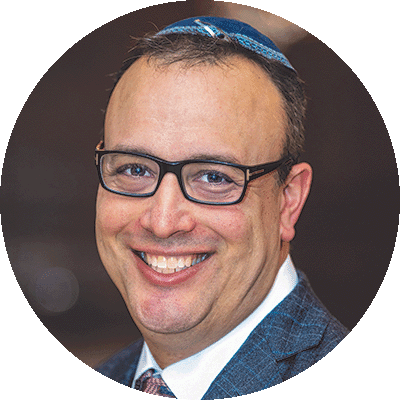
Accepting and Representing the Greater Jewish Community: an Interview with Jonathan Levy
We represent the Greater Toronto Jewish community, which means what we see in the Greater Toronto Jewish community is what we want to see here at our school. That can mean the whole range of diversity. It can be religious backgrounds, it can be a physical disability, it can be academic challenges. Of course, we do have limits in terms of what we can do and what we can’t do. We can’t be everything to everybody, but our goal is to be a diverse community that represents the Greater Toronto community. If you see it out there in the Toronto Jewish world, hopefully, you will see an element of that in our school as well,
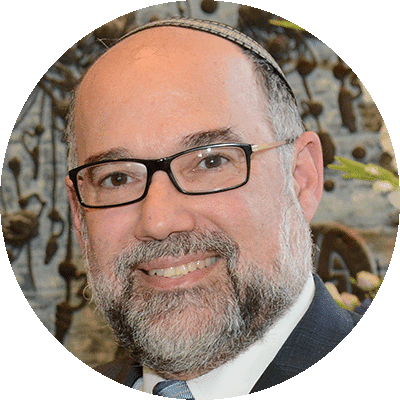
Realities and Opportunities of Diversity in an Orthodox School: an Interview with Leonard Matanky
I see diversity as a reality. Because our schools have always been diverse, the question is, how diverse should our schools be? On the one hand, we can talk about tribes, every tribe had its own personality, and those personalities didn’t always mesh so beautifully, like the way that Yissakhar and Zevulun are often presented. So, I see diversity as something that has always been present. I think the one challenge we have, when it comes to the question of diversity is the very same kinds of things that Jonathan Haidt talks about when he talks about the moral foundations theory and how we view that diversity within a religious institution. And so, our school has always been a diverse
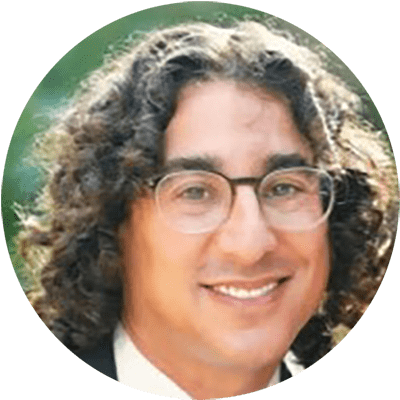
Aspiring to Expand our Circle of Inclusion: an Interview With Jon Mitzmacher
The opportunity is to ensure that our students come through their experience with an opportunity to learn about and learn with those who may be different than themselves, different across a variety of categories, whether it’s socio-economic, whether it’s learning differences, whether it’s with ideological differences, the value is in experiencing themselves as part of a diverse kehilla. The challenges, I would say, are divided into two broad categories. Most of the kinds of diversities that are challenging for schools boil down to economics;
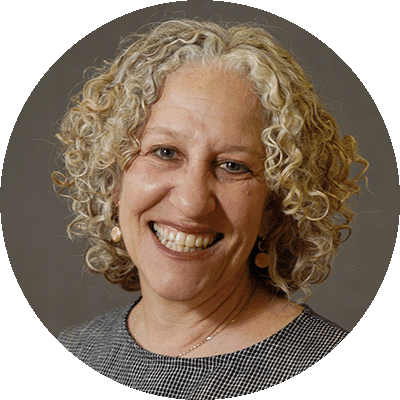
Embracing Diversity, Building a Stronger Jewish Future: an Interview with Nicole Nash
I’m going to start with opportunity because, to me, the opportunity outweighs any challenges. I’ve been in the field for a long time, and when you work in Jewish education, you meet so many children, parents, faculty, staff, and community members. I’ve had the privilege to see just how diverse the Jewish people are. When we are at our best, our diversity can be a real source of strength and celebration of Jewish peoplehood. When I say diversity, I think about it across ethnicity, race and nationality, Jewish identity and practice, interfaith family composition, sexual orientation, gender identity, life experience, socioeconomic status, worldviews—the list goes on and on.

Cultivating Individuality and Cultivating Belonging: an Interview with CB Neugroschl
Diversity is both a deeply meaningful value and also a pop language word that means many different things to different people. When I was a Jewish philosophy teacher, diversity in our curriculum was about the relationship between Jews and non-Jews and about how we understand Hashem’s mission for both. When I speak about diversity today here in Teaneck, I recognize that we are talking about a very tiny slice of the diversity pie. The reality is that we are an all-girls Orthodox high school serving a fairly homogenous community. Of course, there are going to be nuanced differences, but the bottom line is that all those differences are within a fairly narrow band on the spectrum. So, here’s some background on where diversity is important in our context.
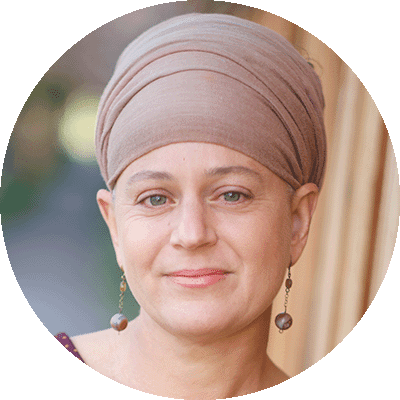
Ahavat Yisrael in a Small Jewish Community: an Interview with Tania Schweig
We’re a small community and our school has about 165 students. We’re quite stable in our enrollment and there are those who come and go because of the university. I feel like there’s a tremendous importance in small communities like ours and also a tremendous gift in these small communities. And I think our community has this special quality of ahavat Yisrael (love for our fellow Jewish people). I think that it’s important to say this because it is connected to the work of diversity. I really appreciate—like genuinely love—diversity. I like being in a place where it’s safe to be all kinds of things; it mirrors my own path. When I was in Pardes in Israel, I got to choose my path, I didn’t want to be in a box measuring up to someone else’s standards. For example, I wanted to be the person who’s becoming observant yet who is also asking questions about feminism.

Diversity, Kindness, and Developing A+ Human Beings: an Interview with Mark Shpall
I try not to see it as a challenge. I really do see it as an opportunity because our students will continue to grow and go off to college, where they are going to be exposed to the real world, working with and interacting with people of all different backgrounds, ethnicities, learning abilities, appearances, etc. So we have the opportunity here to start or continue to process being open to that. We really try to do that from day one. In fact, we start school a week from today, but we are doing our retreats for our ninth and tenth graders starting now. Those retreats are all about the process of students opening themselves up to others in different ways and in different formats. We talk to our students about our core values, we want to talk about them so often that they start rolling their eyes at us because

Compromise for the Sake of Community: an Interview with Sam Weinberg
I think that it’s important to remind ourselves that our diversity is defined in fairly narrow terms. We like to say that we are diverse, and that means that we span from traditional Conservative to right-wing Orthodox. Within that range, we like to celebrate our diversity, and that means that we can all learn from each other. That can be a challenge, since some in our community are very cautious about, if not openly hostile to, the idea of learning from those outside of their own group. It wasn’t always this way; I see more separatist trends developing in the last ten years, meaning that at least one segment of our population is growing increasingly insular. The community in general has become much more polarized, and some people only want to be with others who look and think like them.



